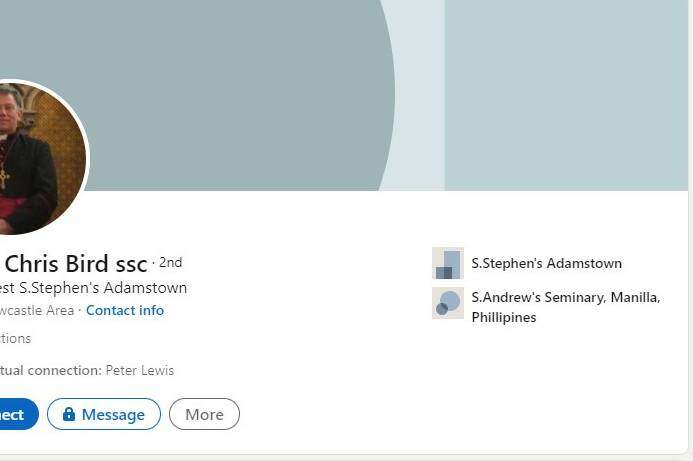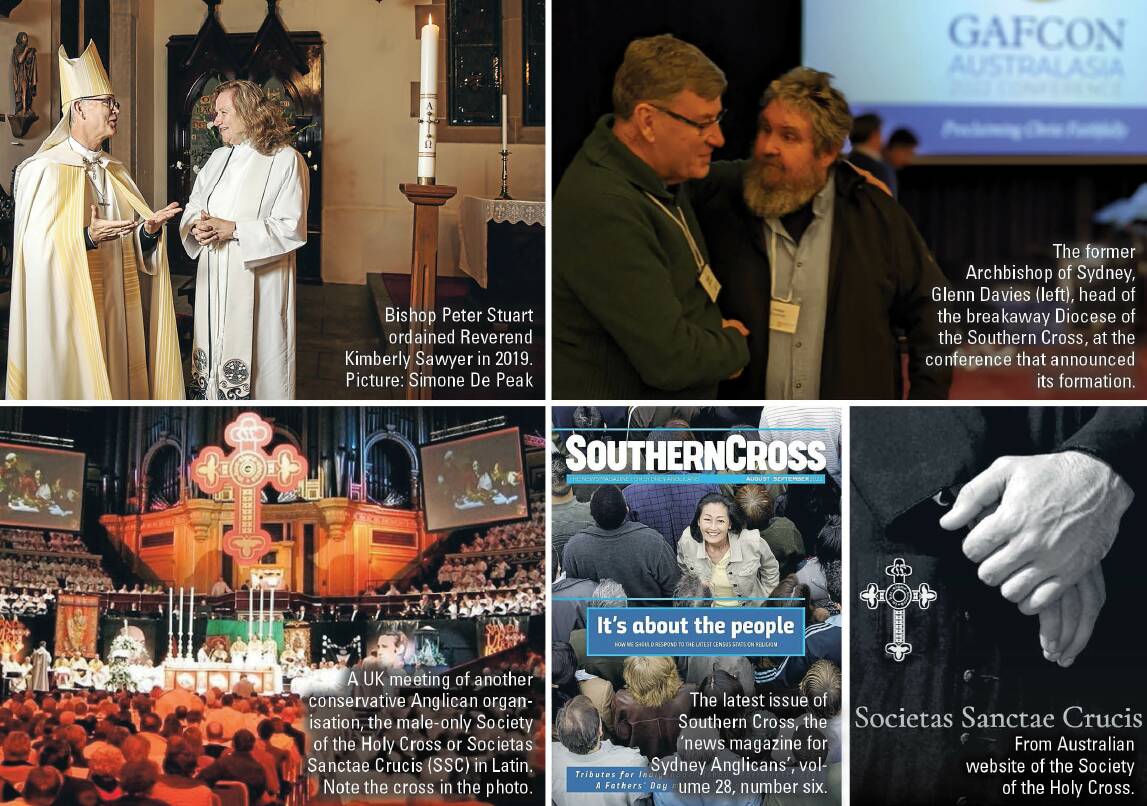
YESTERDAY'S Newcastle Herald lifted a lid on yet another church controversy, with the Anglican Church investigating a range of matters involving St Stephen's Church at Adamstown - including new allegations against the jailed and defrocked former dean of Newcastle, Graeme Lawrence.
But there's a bigger controversy rippling through the Anglican Church, with a group of conservative Anglicans led by former Sydney Archbishop Glenn Davies announcing the formation of a new Diocese of the Southern Cross.
The split has been a long time coming, with the warring parties well dug into their trenches.
When Davies was in charge, the Diocese of Sydney was a bastion of Anglican conservatism, while the Diocese of Newcastle, certainly since the arrival as bishop in 1995 of Roger Herft (since drummed out of the church after the Royal Commission revelations) has been a progressive region.
The religious divide began over the ordination of women. Progressive Anglicans wanted to emulate their protestant cousins and build a church that was blind on gender when it came to appointments.
And with society itself undergoing a sex and gender revolution via the mainstreaming of LGBTQI (or even longer lists of orientations), the progressive Anglican dioceses began to embrace these changes too.
Most of the battles have taken place within the fairly cloistered walls of Anglican society, only surfacing into the broader secular world of the mainstream media when something truly momentous takes place.
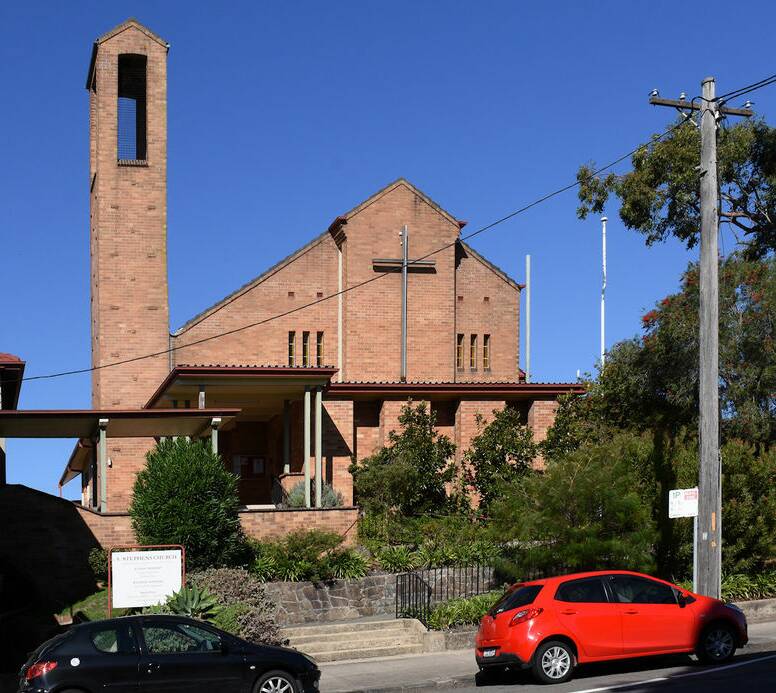
That happened this week when a COVID-delayed GAFCON (Global Anglican Future Conference) Australasia 2022 opened in Canberra on Monday.
On Tuesday, GAFCON chair and Bishop of Tasmania, Richard Condie, announced "an Anglican lifeboat for faithful Christians", saying: "The Diocese of the Southern Cross is a new structure for Anglicans in Australia who can no longer sit under the authority of their bishop."
He said Davies would be its first bishop. Its first church was Southern Cross Anglican Beenleigh and Logan, in Queenland.
Progressive Anglicans, including Newcastle's Bishop Peter Stuart, see it as their role to minister to the broad community.
He was one of the first Anglican leaders to speak out against the Southern Cross, apologising to to the LGBTQI community "for the pain you endure too often when Anglicans speak".
But the Southern Cross adherents believe they have god on their side.
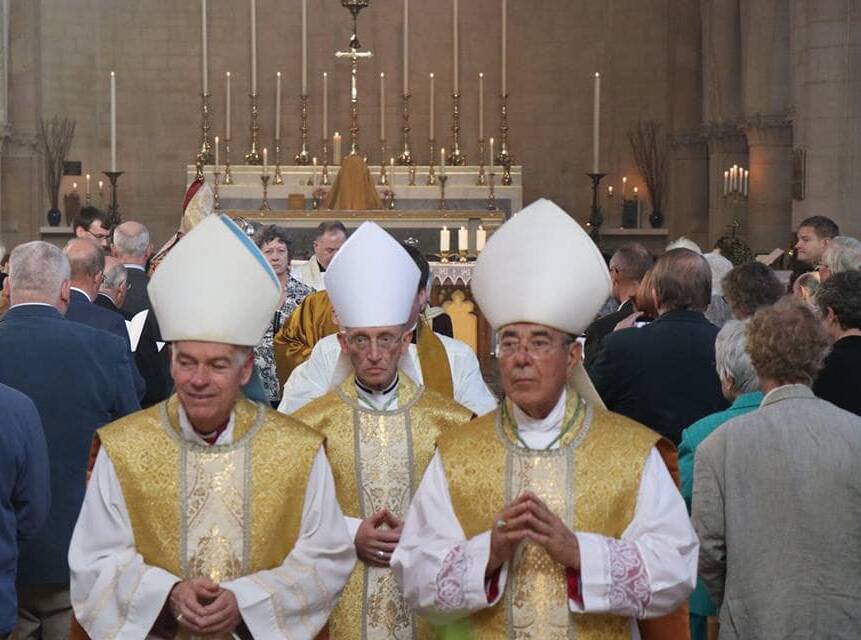
"At the recent General Synod [COVID-delayed sine 2020 and held in May this year on the Gold Coast], a majority of bishops were unable to uphold the Bible's ancient teaching on marriage and sexual ethics," Bishop Condie said on Tuesday.
"Many Anglicans in Australia are distressed by their failure and the moves in their own dioceses to lower the standards of sexual ethics for leaders."
Condie went to quote from this year's global gathering of Anglican bishops, the Lambeth Conference, also delayed by COVID.
A group calling itself the Bishops of the Global South had said: "To us in our provinces, this is not primarily about gay sexual practices and unions, but rather that Anglicans look first and foremost to be guided in their faith and order by Scripture, and not by the passing cultural waves of Western society.
"As disciples, we are not told in scripture to mould Jesus into 'our' image, but to be continually transformed by the Spirit into 'His' image."
And on it went. Some progressive Bishops have responded by saying the Southern Cross cannot be a legitimate "diocese", and the whole show could well end up a canon lawyers' picnic.
But Anglicans, like Catholics, have a myriad of groups within their midst, and a Southern Cross magazine - the latest edition shown above - has been running for 28 years, published from Sydney, promoting conservative Anglican views.
Another organisation with relevance to all of this is the Society of the Holy Cross, which also goes by the initials SSC, for the Latin Societas Sanctae Crucis.
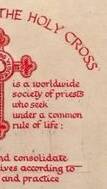
The SSC began in England in 1855 amidst another church schism.
Its history is spelt out in the open sections of various SSC websites, including the ability to recognise its members by the wearing of the distinctive cross shown in the graphic above, inscribed with the Latin "in hoc signo vinces"; "in this sign, conquer!"
It began with two rules, "red" and "white", with "green" rule added a year later. These rules still exist and the white rule is for those professing celibacy.
This in itself indicates the SCC's "High Church" proximity to the Catholicism that Henry VIII renounced in 1534 when he proclaimed himself head of the Church of England.
When I asked yesterday, Bishop Stuart confirmed that Reverend Chris Bird at St Stephen's Adamstown was an SSC member.
He said two other clerics had left the diocese "to join other churches".
The Bishop said Newcastle tried to accommodate various "approaches to theology and scripture study" but the SSC strongly opposed female ordination.
The bishop said he doubted the SSC would accept him as a member!
Our news report on the subject - including Bishop Stuart's comparison of the conservatives as Miley Cyrus on her wrecking ball, is here.
Have a good weekend, everyone.
